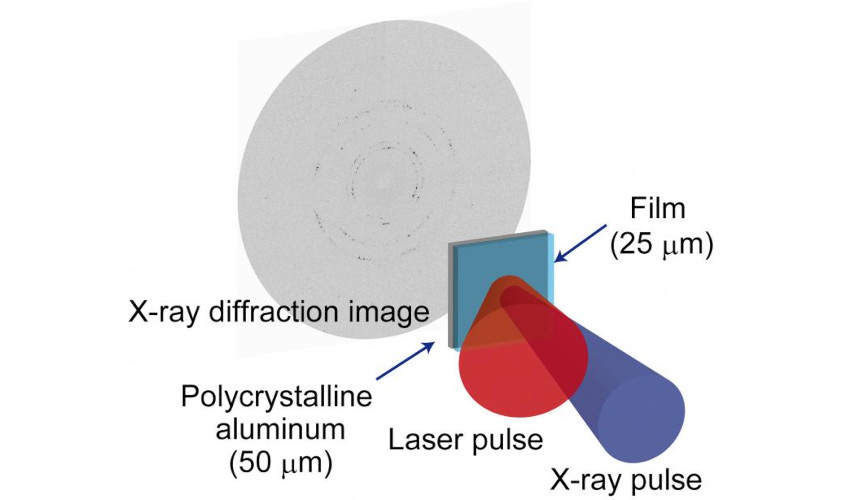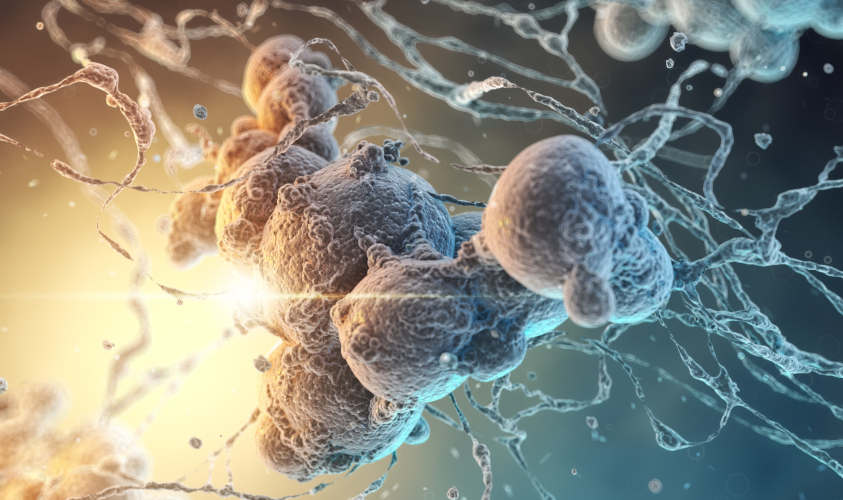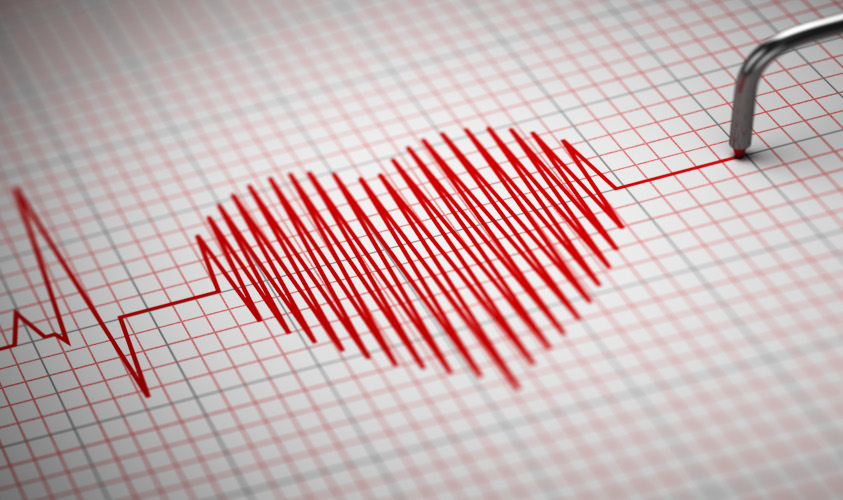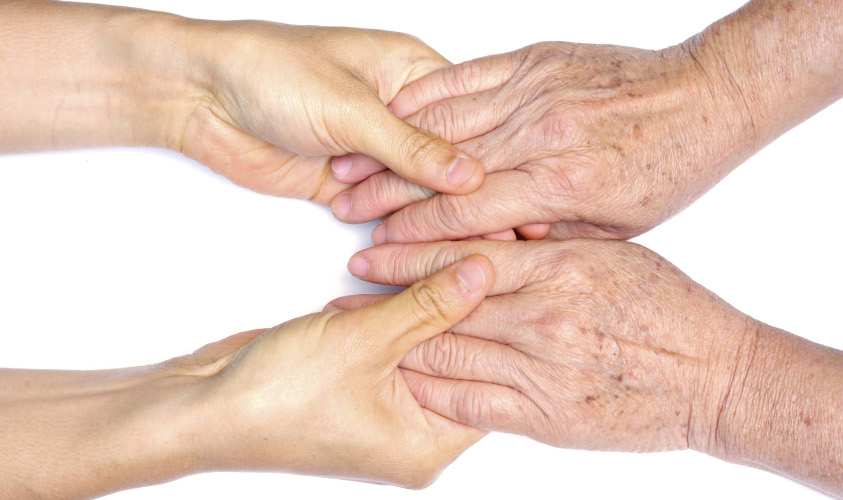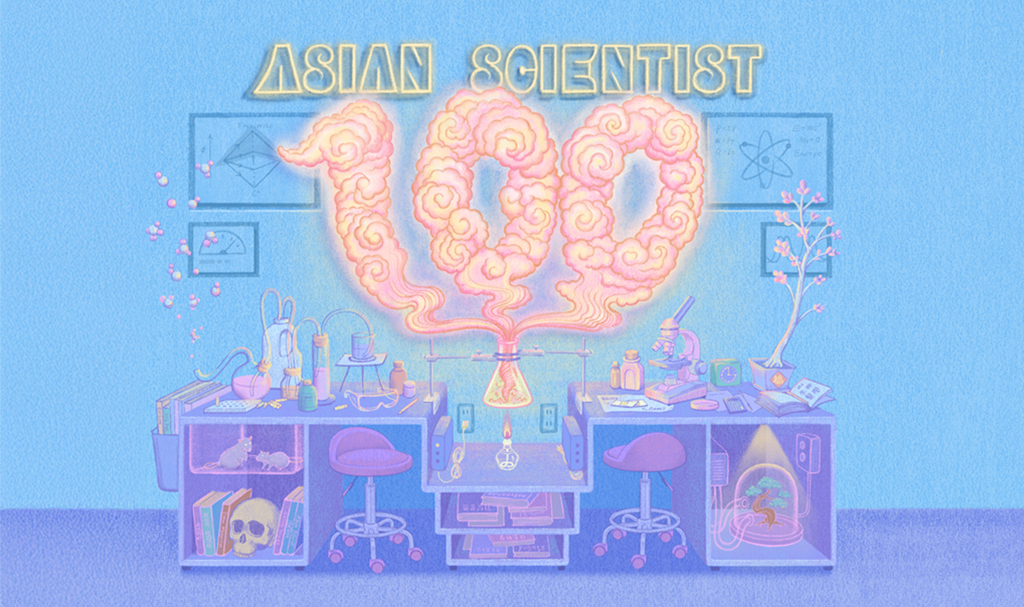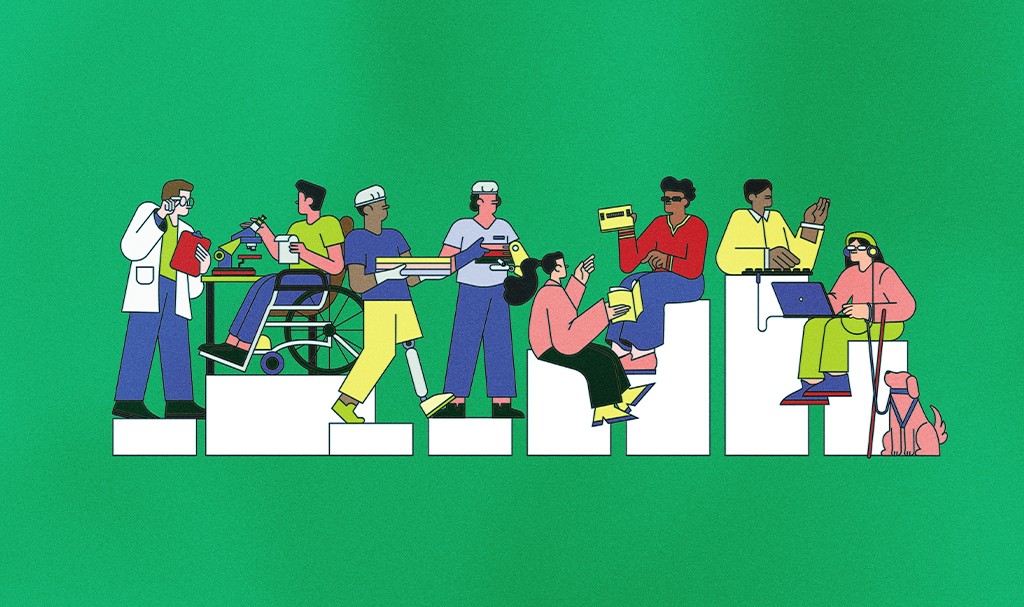
kumamoto university
How T-cells Tip COVID-19 From Mild To Severe
According to scientists from Japan, the difference between mild and severe cases of COVID-19 may lie in the extreme activation of T-cells as they react to the SARS-CoV-2 virus.

Matcha Tea Helps Reduce Anxiety In Mice
Matcha reduces anxiety in mice by activating dopamine and serotonin receptors, Japanese researchers say.
The Science Of How Stuff Responds To Shock
Scientists have captured the deformation effect of shock waves on a material using x-ray diffraction.
Polysulfide Donor Suppresses Inflammation
By linking multiple sulfur atoms to the artificial amino acid acetylcysteine, researchers in Japan have found a way to dampen inflammation in mice.
Switching Energy Sources In A Heartbeat
A research group in South Korea has identified ketone bodies as a crucial energy source for the heart.
iPS Cells Shed Light On Kidney Disease
Scientists in Japan have reproduced congenital kidney disease in vitro using human induced pluripotent stem cells.
An Electrifying Development For Cancer Treatment
Scientists in Japan have optimized pulsed electric fields to disrupt calcium metabolism in cancer cells.
How Patients With Alzheimer’s Disease Hide Their Forgetfulness
A research group at Kumamoto University, Japan, has found that patients suffering from Alzheimer’s disease often engage in face-saving behaviour to hide their loss of memory.
An Evolutionary Trade-Off For Walking Upright
A research group in Japan has revealed that walking upright has made humans more prone to limb ischemia than mice.
Nanoparticles Help Antimalarial Drugs Go The Distance
Porous silica nanoparticles allow the controlled release of antimalarial drugs over a span of more than a week, leading to better treatment outcomes.



